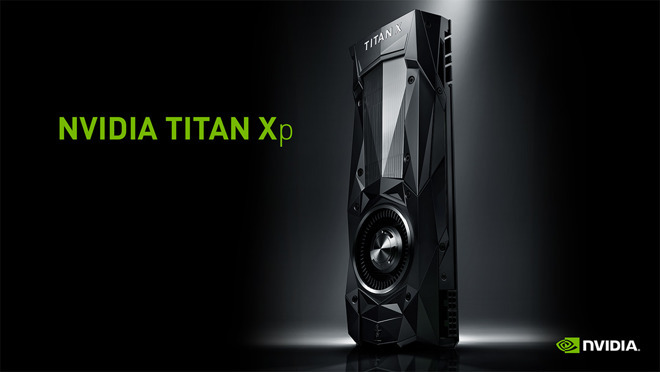
Geforce gtx 775m mac fast enough for video? series#
It has a Core i7-6950X processor paired with 16GB of DDR4 memory and an Intel 750 Series solid state drive. We perform our benchmarks on our standard machine. It’s almost time to put MSI’s card into the test chamber, but before that, a note about our test rig. The card is best suited for those who have a large case with a lot of cooling, while users with mid-sized cases should stick with a standard GTX 1080 Ti. At $710 it’s essentially the same price as a reference design. On balance, MSI’s Armor card is not that exciting, but that’s fine. On the other hand, MSI is only charging $10 more than stock. That’s less than 5 percent more over stock, so low that it’s nothing more than a checkmark MSI’s marketing can add to the card’s feature list. The base clock has risen from 1,480MHz to 1,531MHz, and the Boost Clock is up from 1,582MHz to 1,645Mhz. We had no problem fitting the card into our test rig, but it’s going to give some Micro-ATX cases a hard time, and users can’t rely on the fact a previous flagship Nvidia card fit.Ī slight overclock is applied to the card by default. That’s about an inch larger than a GTX 1080 in both dimensions. It’s a massive slab of PCB at approximately five inches wide and 11 inches long. Shoving larger fans onto the Armor card has resulted in a beefy card. Good case airflow is needed to keep the card from running hot. However, the GTX 1080 Ti will blast your other components with hot air. This has the advantage of reducing noise, because the fans are large, and don’t have to spin quickly to move a lot of air.

It drops the standard design’s single blower fan for a pair of conventional fans that sit directly on top of the card and exhaust heat into the case. MSI’s GTX 1080 Ti Armor 11G is a fancy name for a card that, ultimately, is not that unusual. Let’s see if MSI’s high-end 1080 Ti is a must-have for the most hardcore, or an attempt to part rich gamers with a few extra bucks. That’s a small jump over the base 1080 Ti, which is $700 – but worrying about a $10 difference is silly with hardware this pricey.

The card we’re reviewing here, MSI’s GTX 1080 Ti Armor 11G, is priced at $710. Value is always important, and the most affordable cards often charge exorbitant rates for minor improvements. Its lack of competition means that it wins the performance crown by default, though that doesn’t mean it’s the card you should buy. The card hit a 3DMark Fire Strike score above 20,000.


 0 kommentar(er)
0 kommentar(er)
